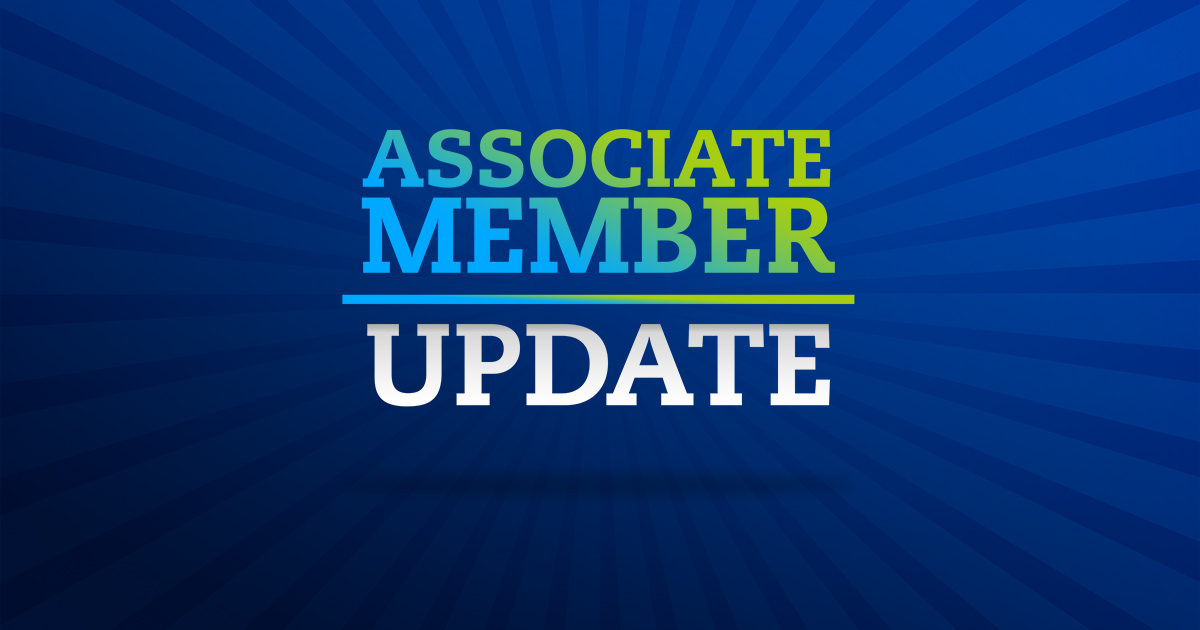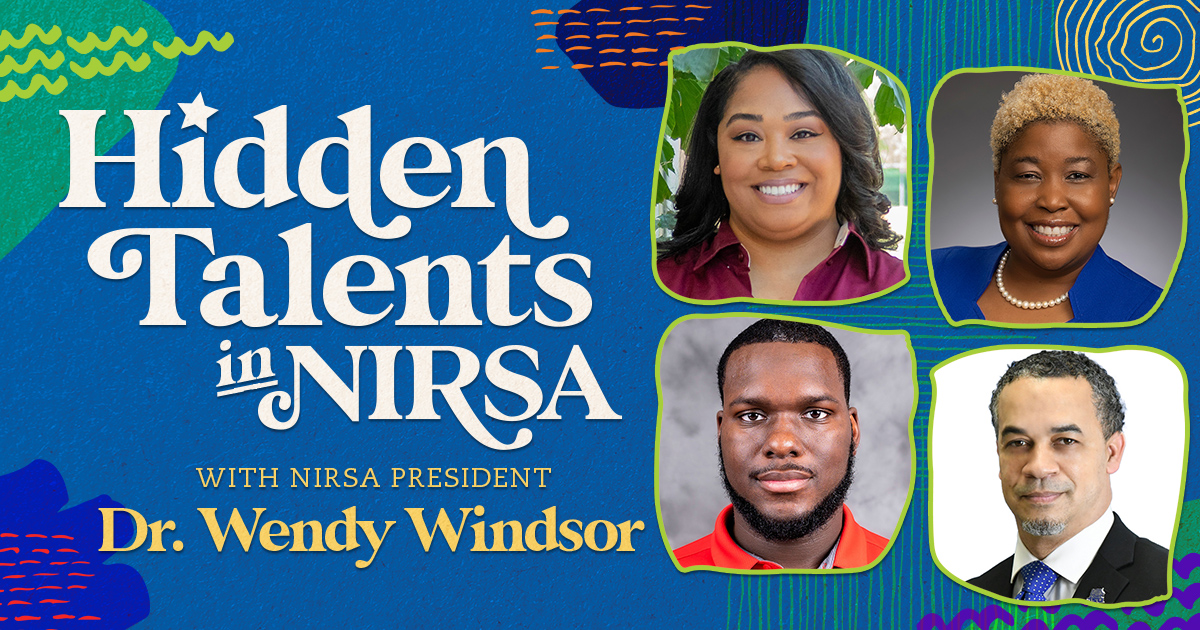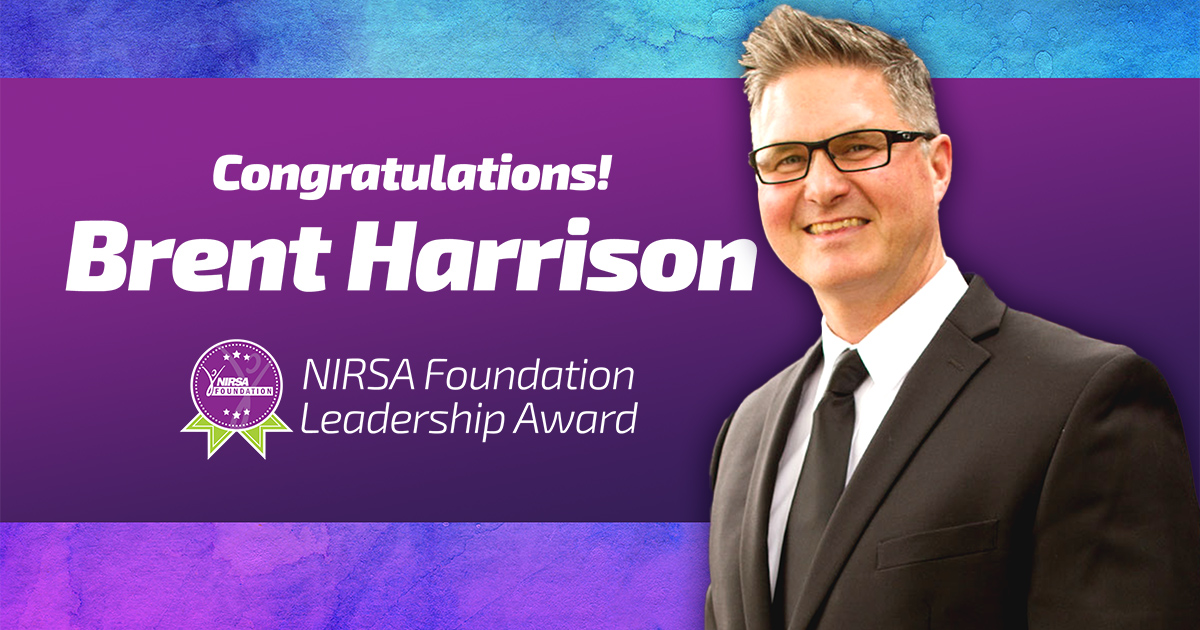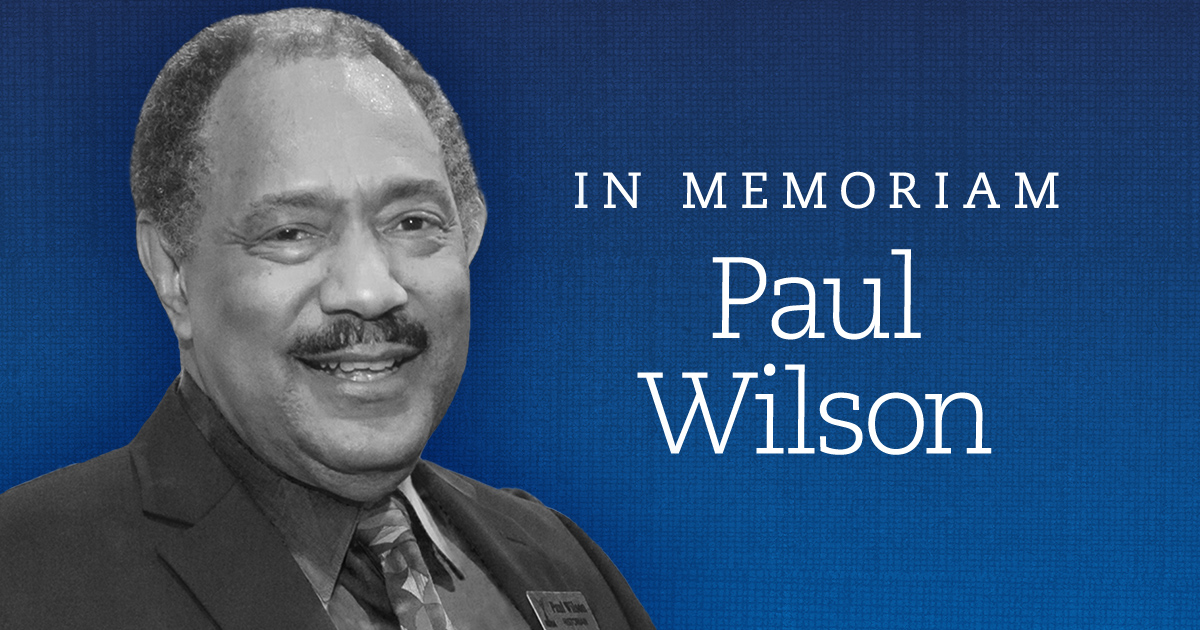“I cannot imagine working in any other setting than on a college campus,” says Mary Kate Sullivan, Assistant Director of Intramural Sports at the University of Maryland and 2006 NIRSA Foundation scholarship recipient. “I thrive in the cyclical nature of the academic setting—every year you get the chance to do things better, to learn from mistakes, and to capitalize on successes. I love working with students. They always have creative new ideas for our program, challenging me to think beyond what we’ve always done.”
As someone who so embodies the values of NIRSA and this profession, passionate about serving students and helping them shape their skills and experiential knowledge, it’s hard to imagine Mary Kate doing anything else. Like many colleagues working in campus rec, though, she is the first to admit that her professional path wasn’t always clear. However, the strong foundations she built, and continues to maintain, have helped her find her way and thrive.
“Every year you get the chance to do things better, to learn from mistakes, and to capitalize on successes.”
The mentorship of Mary Kate’s undergraduate boss, and now colleague, Kurt Klier, Facility Manager, Cole Field House & Reckord Armory at the University of Maryland, “was instrumental in introducing
At the time, Mary Kate saw her work in campus rec as simply a way to lower the cost of graduate school; however, after two years of hands-on work in intramural sports at the University of Tennessee and seeing the positive results of using her sport psychology studies to supplement her student officials’ training, her outlook changed. “I knew I had found my calling,” she says.
In guiding her students now, Mary Kate remains mindful of both Kurt’s meaningful mentorship and the importance of letting students find their own unique way of bringing their talents, passions, and ambitions to the field. “Helping students make informed decisions about their future is the best thing we can do for them,” she says. Even just learning to build relationships with professional staff is an essential networking skill and it can provide a meaningful personal connection.
Another way to encourage students to strengthen connections and build relationships with professionals in the field is through attending state/provincial, regional, or perhaps even national conferences and workshops (learn more about upcoming opportunities to get involved with NIRSA). “We should make sure we show engaged students as much of what it means to be in a campus rec career as possible,” says Mary Kate.
The impact of being able to attend such professional development events is something Mary Kate can personally attest to. Though she had been involved with NIRSA through her role in regional intramural tournaments, attending the 2006 NIRSA Annual Conference in Louisville, KY allowed her to see the energy and community of the profession embodied on its grandest scale. In addition to being able to interview for graduate assistantships, Mary Kate recalls being encouraged by and “amazed at how many people were passionate about the same things I was (and still am).”
“Your graduate assistantship and your Master’s degree will serve as the foundation for your career—make sure it’s a solid one!” Mary Kate advises current students and future rec sports professionals. In her experience, this was certainly the case. The great fit she found at Tennessee, much to the credit of the in-person interview her NIRSA Foundation scholarship afforded her at the NIRSA Annual Conference, allowed her the time and experience to “realize I could combine my love for psychology with my passion for campus recreation [which made] the decision to work in campus recreation simple.”
“From coursework to relationships, students need support from the professionals around them in order to succeed in school and life.”
Mary Kate now works daily to help provide her students with the same strong, supported foundations she was given. “From coursework to relationships, students need support from the professionals around them in order to succeed in school and life,” she says. “We know participation in campus recreation is invaluable in helping students feel connected to campus and build meaningful relationships. We also know we have the opportunity to teach our student employees key leadership skills, effective time management, and critical thinking skills.”
When it then comes times for students to transition out of college—“one of the most exciting, yet stressful times in their lives,” notes Mary Kate—they have that solid foundation from which to grow and flourish. “Research shows how employers of recent graduates feel that students lack strong communication skills, the ability to work as a team, and critical thinking skills…[which] may not be an explicit component of their academic lives,” she continues.
She invokes Nevitt Sanford’s Challenge and Support model as an applicable representation of this thinking. “We need to encourage students to go beyond their comfort zones, perhaps by applying for a graduate assistantship they think they might not get or is located across the country. But, at the same time, we should provide support on an emotional level through confidence building and on a skills level through practices such as interview preparation and resume building.”
Mary Kate continues to take this lesson to heart and enact it in her own life, continuing to build on her foundations through her current pursuit of a PhD. Of course, her own explanation is much more humble: “I felt my students deserved a professional who had a better understanding of their college experience…[I want to] better serve students as they come to terms with their identity, manage relationships, and develop on cognitive and moral levels.”
“Connecting the academic side of an institution to the student life side is essential to providing quality programs that are inclusive.”
It’s one thing, she says, to be able to identify problems, such as a lack of female participation in intramural sports, but it’s still another thing to “have the skills to understand the experience of women on a college campus and why they may choose not to participate. Connecting the academic side of an institution to the student life side is essential to providing high quality programs that are inclusive of all students.”
Those connections are also essential to helping young students, just starting to make their own way, have the ability to build on their experiences and strengthen their foundations within the field of collegiate recreation and even the NIRSA community. Such a connection is exactly what the NIRSA Foundation is hoping to make, the kind of solid foundation they hope to lay in “Supporting today. Ensuring tomorrow.”
They can only hope, though, that their future scholarship recipients can match the growth and motivation of Mary Kate, who has so greatly contributed back—to the Foundation, to the association, to the profession, and, most importantly, to her students. The best part? She shows no sign of slowing down anytime soon.





